LiA Weekly Log: Week 6

I knew writing this would bring about a lot of sadness, so it has been difficult to start, but I also know that this final weekly reflection will ultimately be healing for me. My work at SOS Children's Villages, which houses orphaned, abandoned, and precariously housed youth, has renewed my faith in humanity and solidified what I want to do with the rest of my life—I am eager to share more about this below.
What went well?
The progress I made; what was achieved and done
Comedy-based psychosocial intervention for teenagers
- THE TEENS PERFORMED THEIR FINAL COMEDY SHOW AND IT WAS ABSOLUTELY BEAUTIFUL. The entire centre came to watch, and there were many laughs. In fact, some of the teens seemed thrown off by the laughter breaks (it was not something we could specifically practice for during our rehearsals). It was an excellent "problem" to have, and it seemed like a very validating experience for all involved. It was especially remarkable to witness the shyer individuals in class, who were more reluctant to participate throughout the program, come out of their shell, live, on-stage. This was reflected in the overwhelming positive feedback that I received after the show. "I had no idea [teen name] had it in them to do this! I could not even recognize them." was a common line that I heard from many of the staff. It was absolutely surreal to finally showcase what we had been working on for the past 6 weeks—I am so proud of these teens.
- In addition to all of this, a local radio station, Heart FM, became aware of the work that I was doing and requested to interview me! It was such a validating experience to discuss my passion for children's mental health, live, on-air, with thousands of South African listeners. I am so, so, so grateful for this!

Comedy-based psychosocial intervention for preschoolers
- In our final session, I was surprised with one of the most thoughtful gifts that I had ever received. During the previous week, the teachers had asked to take a photo of me and the children for their own records. However, it was not actually for their own records, it was for them to organize a wonderful surprise present for me: they laminated these photos and wrote a farewell poem underneath them from each class (i.e., I ran the program in three separate classes). I was so moved by their loving gesture, and I am so grateful that I now have physical memorabilia to commemorate my time with these preschoolers forever.
Soccer-based psychosocial intervention for school-aged and teenage girls
- I surprised the group by allowing them to play a match (i.e., their favourite activity) throughout the entire final session. It was very light-hearted and fun, and it was great to witness the enhanced interpersonal problem-solving skills during the match. I really feel as if they took in the psychoeducational component that I was teaching them in between our soccer drills. During our final debrief, I made sure to let them know that any one of them could become professional soccer players if they wanted to be. I will forever be rooting for them!
Skill sharing with the centre’s staff
- I solidified the written component of the curriculum that the staff will receive upon my departure. I feel confident that they will be able to continue the work that we did together with the children under their care. I made sure to offer myself as support, even from back here in Canada, if they had any questions relating to the application of said curriculum.
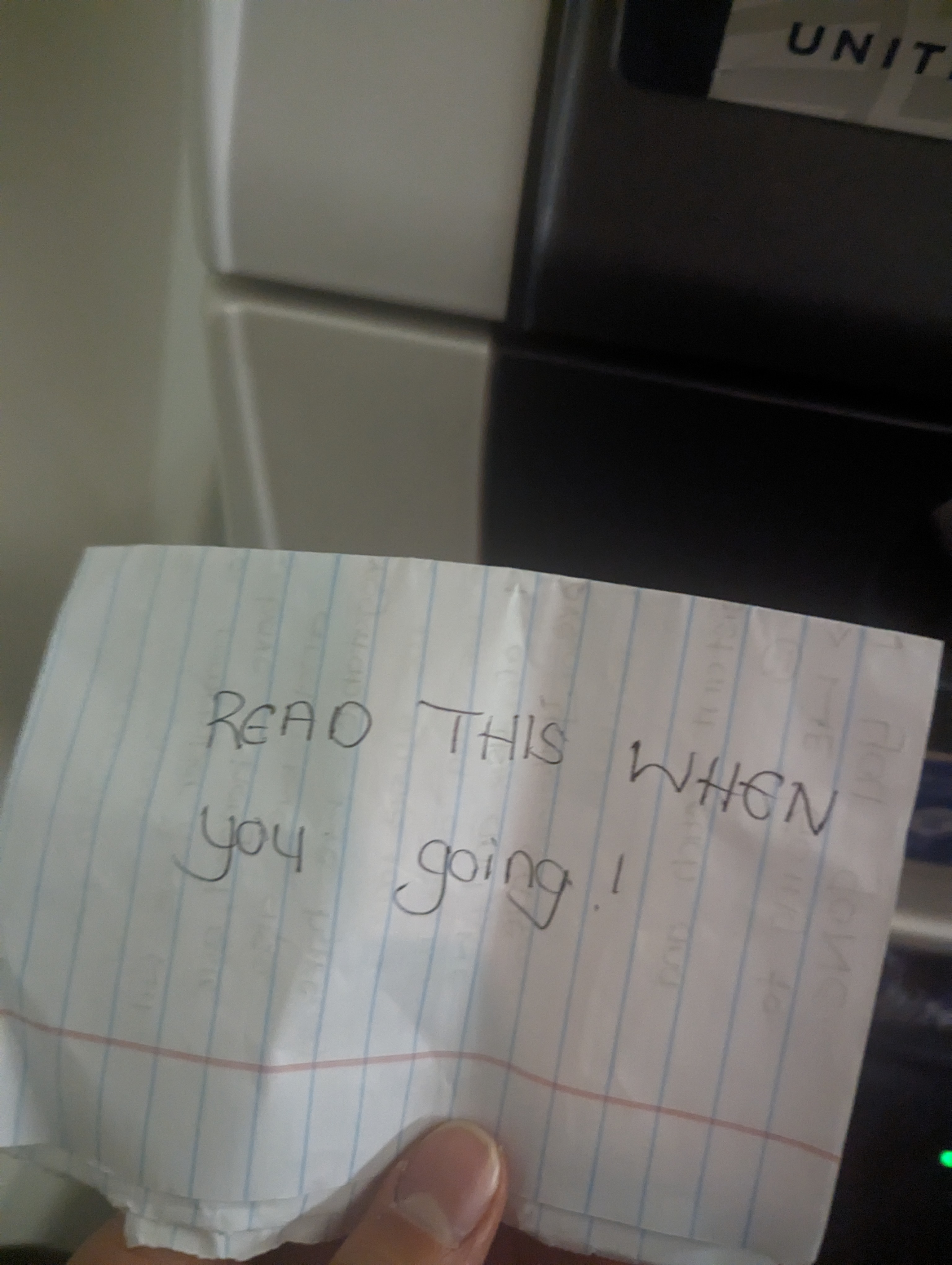
What could have been done differently?
Things that did not get done and/or could be changed
- For the teen comedy intervention, there was some anxiety relating to a last-minute venue change for the show, which I will elaborate on later in this post. The situation that occurred was out of my control, but for future scenarios, I would have loved to create a back-up plan ahead of time. I think I got so caught up in the day-to-day psychological growth of the teens, that I lost track of the big picture and the final class show. Some added energy into logistics on my end would make future iterations of this intervention even more successful.
- For the girls soccer intervention, I wish I had set up a final match with an audience component. It would parallel the final comedy show for the teen comedy intervention, but in a sports-based format. I feel this added element of staff members witnessing these girls' hard work, would have solidified even more the progress they had made in the past 6 weeks.
- For the preschool comedy intervention, I would express the same note as above with the girls soccer intervention: I wish I had thought to add a performance-based component with an audience. I think this would have been a very validating experience for these preschoolers.
- For the staff skill sharing programming, in retrospect, time went by much faster with them than anticipated. As such, I wish I had added more sessions with them within the schedule that I developed with the NGO. I will remember this for future iterations of this program.

What did I learn about myself when working with others?
Contributions, behaviours and values I exhibited
The Laidlaw Scholar value of being extraordinary was at the forefront during my final week. As alluded to earlier, there was some last-minute venue issues for the teen's final comedy show. When my staff contact at the NGO drove me home on the eve of our show day, he sadly shared the news regarding the venue. Naturally, I was devastated to hear this, but I immediately knew that there was no way that I was going to look these teens in the eye and tell them that our class show was cancelled. The day of the show coincided with my final day at the centre, so it was impossible to reschedule it to another day. Therefore, I relied on my talents that I had cultivated in the past 6 weeks to generate a feasible plan. I went to bed not exactly knowing what would happen, but I had a surprising amount of confidence and calmness—in my heart, I knew I was going to come up with something.
The following morning, I woke up with an idea that saved our show. Originally, we had dismissed the idea of performing outdoors at the centre due to the early sunsets and the children being occupied beforehand; however, I found a way to work around this. I secured two of the NGO's vehicles and brought them to adjacent sides of the centre's basketball court (i.e., our makeshift "stage"). I then had these vehicles turn their front lights on throughout the show. The end result was more beautiful than I could have imagined; the light from the two vehicles truly made it seem like we were at a real theatre with real lighting. The teens were ecstatic, and the show was saved. I made sure to keep my composure with the teens and not stress them out with these logistical issues prior to the show. This definitely paid off because, under the bright shining lights of the NGO's vehicles, they put on an incredibly hilarious show for the entire centre. The irony of having to "improvise" a way to make a comedic improvisation show happen is not lost on me, and it makes this memory that much more special.
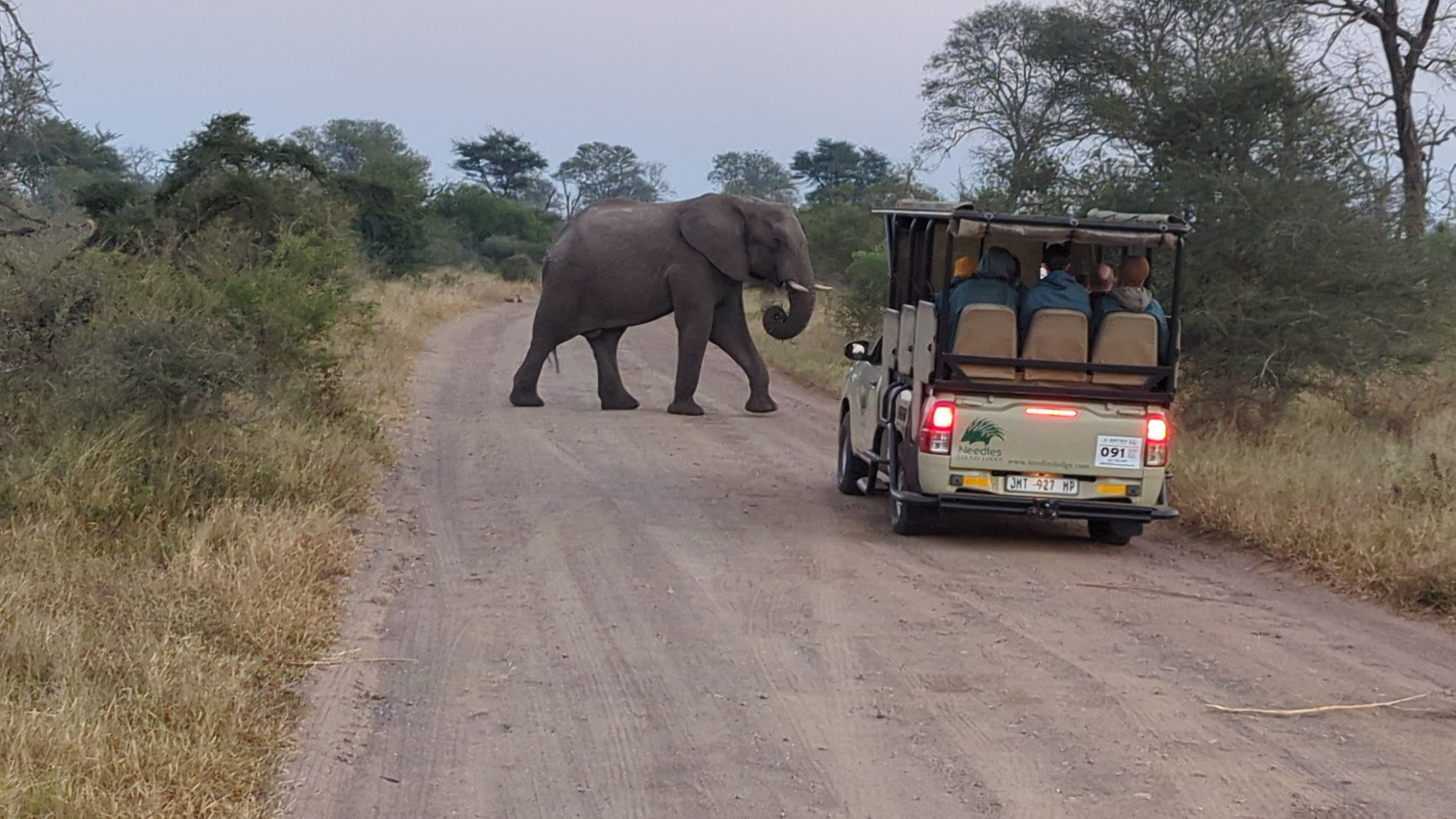
What did I learn about leadership?
Leadership attributes and insights I developed
I worked on the leadership attribute of effective communication. To decide which comedy games we were going to do during our show, we held votes and discussions in class. During this, one of the teens decided to quit the entire program because she was upset at the idea that her favourite game might not be included in the show. Her sudden departure was difficult to process as a class since she was an especially valued member of the group. It also did not help that emotions were already running high due to the upcoming show. However, all of this did provide me with an opportunity to work on my communication skills with the individual who quit.
To start, I attempted to talk to her away from the group, but I was swiftly rejected. She reminded me a lot of how I was at her age—once I had an idea that someone had "wronged" me, it was difficult for me to see otherwise. I did not give up, and I kept inviting her to events and programming that we were doing. She would still reject these offers, but she (slowly) started coming near the rehearsal space again. She would start observing from afar—almost as if she wanted to be part of it again, but did not know how to proceed. I continued to communicate with the goal of understanding her point of view, which allowed me to realize how badly she wanted to come back. However, she was very worried that the others in the group would ridicule her if she came back. With this information (and her permission), I had a private conversation with the group to advise them that this individual might come back but that it was absolutely imperative that nobody make any unwelcoming comments/gestures if she decided to do so. After communicating this, the individual ended up coming back and she ended up being one of the leaders during our class show. It was a remarkable journey, and an excellent testament to the power of effective communication.

What do I want to develop or focus on next?
What I still need to develop
In prior weekly logs, I would go program-by-program and discuss next steps; however, seeing as this is the end of my LiA project, I thought it would be better to write an overall summary of my future plans. To start, this experience has solidified which type of population I want to (read: need to) be working with: children who have experienced adversity. As I discussed on the radio interview that I mentioned earlier, I believe my lived experience is the "secret ingredient" that allows me to connect with this population and guide them into improved mental health outcomes—they really respond to authenticity.
In addition to this, my LiA experience has further validated my burning desire to formally develop a comedy-based intervention that helps teenagers who have experienced adversity. I am eager to apply to clinical psychology graduate programs in the upcoming cycle to help me achieve this goal. I envision a future where, by using comedic improvisation, I have developed a scientifically robust way of improving psychosocial outcomes for teenagers who experienced adversity and, importantly, this program is being administered in multiple countries and languages. I would want this to be an open-source, free program with hopes of it being an avenue for youth who do not respond well to one-on-one or other well-known mental health healing modalities. There is a severe gap in researching comedy-based interventions for trauma, and I am eager to clarify potential mechanisms linking humour, adversity, and improved mental health.
Overall, I envision this comedy program contributing to more equitable health outcomes, This would mainly be done by creating a space that is more inclusive of a more diverse set of experiences within group-based process. By utilizing comedy's general social appeal and lack of inherent stigma, teens can be "tricked" into increased psychosocial outcomes—all the while thinking that all their trying to do is get better at making others laugh.
As such, this LiA project has solidified my belief in the healing powers of humour, and I look forward to passionately pursuing this at a graduate level. I am eternally grateful for the Laidlaw Foundation's trust in me, and I am deeply indebted to them; thank you so much for giving me this opportunity—you have no idea how much I will cherish this for the rest of my life.
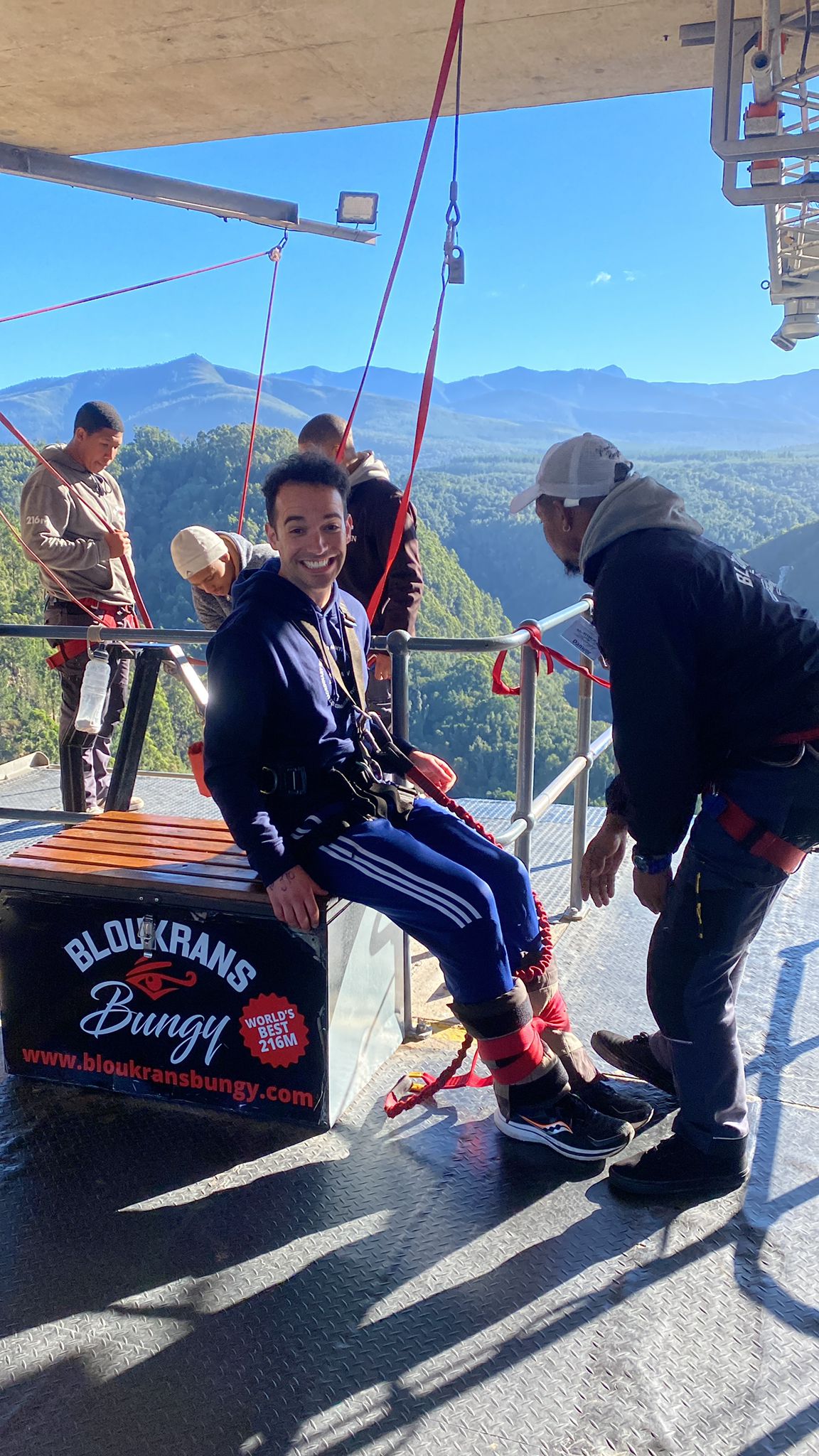

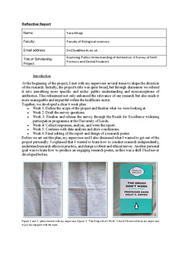

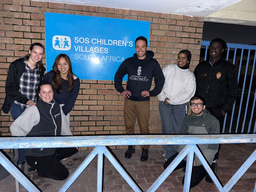
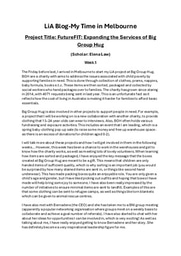
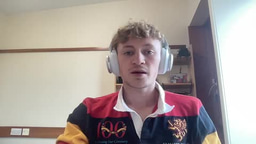
Please sign in
If you are a registered user on Laidlaw Scholars Network, please sign in